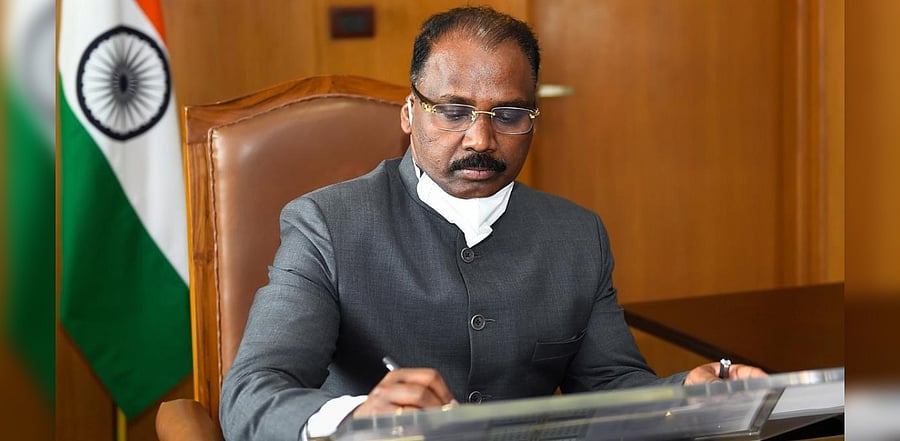
Raising questions over the accuracy of accounts, the Comptroller and Auditor General of India (CAG) has said the budget assumptions of the Assam government were "not realistic" in 2018-19 and various policy initiatives were not fulfilled due to "non-completion" of the preparatory works.
In its audit report on the the state's finances for the year ending March 31, 2019, which was tabled in the Assam Assembly on Monday, the CAG said the government failed to take corrective steps despite the auditor pointing out the lacunae every year.
"Budgetary assumptions of the state government were not realistic during 2018-19 and despite carrying out an elaborate pre-budget exercise to bring about efficiency and transparency in budget formulation and execution, budgetary estimates were off the mark to a considerable extent," it said.
Considering the state's overall budget of Rs 1,08,490 crore, the auditor also said that the control over execution and monitoring was inadequate.
"Significant policy initiatives of the government were not fulfilled during the year due to non-completion of the preparatory activities relating to these initiatives," the CAG said.
On the quality of accounts and financial reporting practices, the CAG said booking of an expenditure of Rs 14,879 crore under omnibus Minor Head 800 - Other Expenditure affected transparency and accuracy in financial reporting.
"Non-reconciliation of receipts and expenditure booked by the controlling officers of the state with the figures of the Accountant General (A&E) reflects poorly on the internal control system within the government and raises concerns relating to accuracy of accounts," the CAG said.
The report also said that supplementary grants and appropriations were obtained without adequate justification, and large amounts were expended without budgetary provision.
Despite flagging this issue every year over the last several years, the state government had failed to take corrective measures, it added.
The CAG also noted that savings during the year accounted for about a third of the budget, but the controlling officers did not surrender the funds on time nor any explanation was provided.
"The departments were not cautioned against persistent savings nor were their budgets varied in accordance with their ability to absorb the allocations," it said.
It said the non-submission of utilisation certificates and detailed countersigned contingent bills for specific development projects by Autonomous Councils, Development Boards and Authorities was a violation of rules and shows "inadequate internal controls and reflect poorly on the monitoring mechanism of the state government".
On the finances of the state, the report noted that an increase of 17.27 percent in revenue receipts was registered in 2018-19 compared to the previous year, mainly on account of a significant rise in non-tax revenue and higher buoyancy of the state's own earnings.
However, the state continued to be dependent on the central government, with 62 percent of the revenue coming from central transfers and grants-in-aid, though the state continued to be non-compliant with the Indian Government Accounting Standards while handling expenditure incurred out of grants-in-aid.
It highlighted violation of rules of the National Pension Scheme, and said the state government's act of short contribution, retaining the balances in the current account and not transferring the balance to the trustee is "fraught with the risk of unauthorised use of funds belonging to the employees".
The government auditor felt that it is creating "uncertainty in respect of the benefits due to the employees and avoidable future liability to the government".